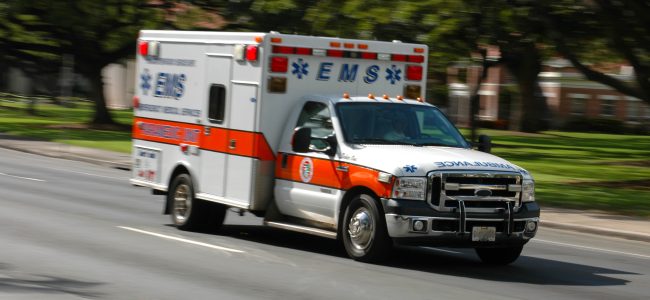BlogLine
What is a Health Care Liability Claim in Texas? A Tale of Two Cases
7/17/23

By Timothy Soefje and Gabriel Canto
Two Texas cases fortuitously reported on back-to-back days brilliantly illustrate the counterintuitive, contentious, and consequential labeling of Texas claims as Health Care Liability Claims (“HCLCs”) or non-HCLCs. An HCLC designation is important because it automatically subjects a personal injury claim to procedural restraints, particularly damage caps and expert report requirements, that don’t apply to non-HCLCs, or what you might call general personal injury claims. For claims in the gray area between HCLC and non-HCLC, obtaining the designation most favorable for your client is half the battle. In one case, the Fort Worth Court of Appeals held that an injury to a motor vehicle passenger caused by the negligence of a driver is an HCLC. In the other, the San Antonio Court of Appeals held that an injury caused by the alleged failure of a trained emergency responder providing lifesaving care is not an HCLC. As expected, the devil is in the details.
In L’Amber-Hope v. Stewart an ambulance patient was injured on route to the hospital when the ambulance struck a curb. The patient brought only typical motor vehicle claims: failure to maintain a lookout, failure to timely apply brakes, and failure to avoid a collision. Despite the patient’s framing, the Fort Worth Court of Appeals held that the case was an HCLC because the defendants (the ambulance company and driver) were healthcare providers and the injury occurred in the course of providing treatment. Unfortunately for the patient, the framing failed to achieve the desired result: a more valuable case (a non-HCLC).
Sea World of Texas, LLC, v. Mathis concerned the wave pool drowning death of a Sea World water park patron. A Sea World lifeguard unsuccessfully attempted lifesaving care, and the patron’s family alleged the lifeguard’s care was negligent. Here, Sea World argued that though Sea World itself is not a healthcare provider, the claim should be classified as an HCLC because the lifeguard held a certificate to provide and was providing emergency healthcare. The Court of Appeals of San Antonio disagreed, instead holding that because the lifeguards were not duly licensed, certified, registered, or chartered by the State of Texas to provide health care, the claim was not an HCLC. Sea World’s lifeguards were certified by a non-state third party. Consequently, Sea World could not benefit from the damage caps and expert report requirements that apply to HCLCs. The Court’s ruling undoubtedly dramatically increased Sea World’s exposure.
“What is a Health Care Liability Claim?” doesn’t seem like a controversial question. The question, however, turns out to be consequential and contentious as the classification of a claim as an HCLC creates significant legal consequences that effect the bottom-line evaluation of the case. Companies and individuals that provide lifeguard or emergency care to customers should evaluate their practices to ensure they will obtain the benefits of HCLC protections should a claim be filed. Medical providers that perform non-medical functions, such as driving, should ensure those are classified as necessary components of healthcare.
For more information, please contact Texas attorneys Tim Soefje at tim.soefje@fmglaw.com, Gabriel Canto at gabriel.canto@fmglaw.com or your local FMG attorney.
Share
Save Print